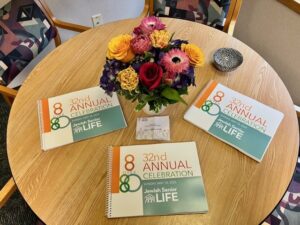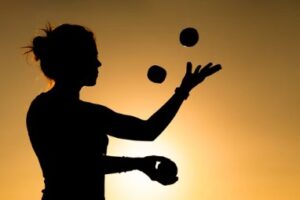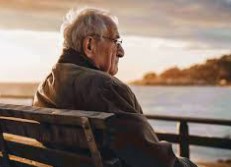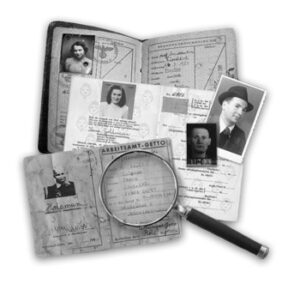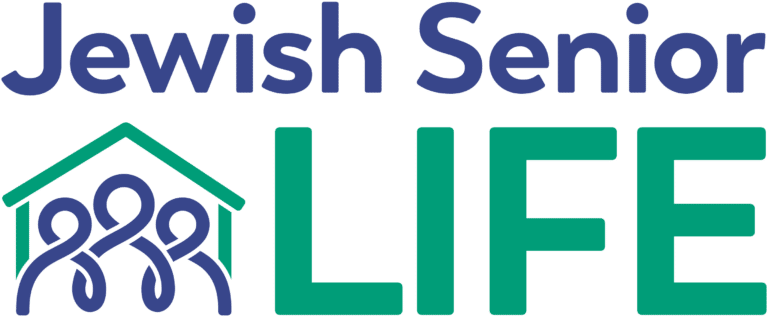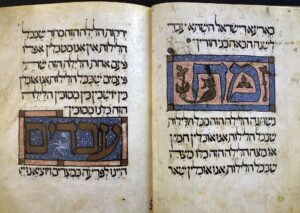
Mah Nishtanah
By Jo Strausz Rosen
Why is this night of Passover different from last year’s? For those of us with recent bittersweet memories of socially distant Passover celebrations, while sitting at computer screens on our beloved Zoom calls, we fought the isolation from our people and used technology as we drank the four cups of freedom.
Now that more and more of us have been vaccinated against COVID-19, we have tasted hope. Can freedom be just around the corner? We have been led out of the proverbial desert through medical science and collective action with governmental and organizational assistance. We remember that we were strangers in the land of Egypt. Now, we must continue to remember the pain of our slavery to COVID. We learned from the past that we must listen to those who are experts in treating illnesses. “For those who do not learn from the past are condemned to repeat it “– George Santayana.
For individuals without personal memories of events, we are sad and feel such pain for them, knowing it could be any of us one day. We fear Alzheimer’s and dementia could remove the collective memory of our linked experiences. Memory links our past to our future. We learn from history and all the steps our ancestors took to bring us here today. Awareness of our past as a people, offers us lives filled with meaning and purpose. At Jewish Senior Life we share this message often.
Without hope, all would have been lost. The miracle of Passover is that anything is possible, if only we dare to dream the impossible dream. This miracle was and continues to be an inspiration to all people everywhere – including George Washington and the Founding Patriots of America who rebelled against the British… to Martin Luther King in his quest for equal rights, stirred by the vision of Moses leading his people to the Promised Land…. To the hopefulness and strength of our people that allowed even Jews in Auschwitz to furtively celebrate this Festival of Freedom and believe in the possibility of their own liberation. It’s this optimistic spirit, based on our history that defines our identity. Just ask Sophie Klisman, 2022 Eight Over Eighty honoree, about surviving the death camps as a young girl. It is for her I write this story and compel us all to believe in the dream and the importance of faith that we are blessed with a caring Gd, instilling in each of us the ability to help change the world.
Talmud Professor, Rabbi Benjamin Blech offered this statement: “To study the Passover story in depth is to recognize that the most difficult task Moses had to perform was not to get the Jews out of Egypt, but to get Egypt out of the Jews. They had become so habituated to their slave status; they lost all hope that they could ever improve their lot.”
“I am the Lord your Gd who took you out of the land of Egypt, the house of bondage.”
Rabbi Blech said, “Some might ask, why did Gd allow us to become victims of such terrible mistreatment?” He tells us these things happened to us to emphasize that we should empathize with others and care deeply about the rights of strangers, the homeless and the impoverished. And don’t we as Jews do just that? The importance of Tikkun Olam is of utmost importance. “These are the vital statistics of our people, and we have been able to achieve far beyond what anyone might have considered possible. “
With memory, optimism, faith, family, and responsibility, these are the powerful messages of Passover.
Gut Yontif!


